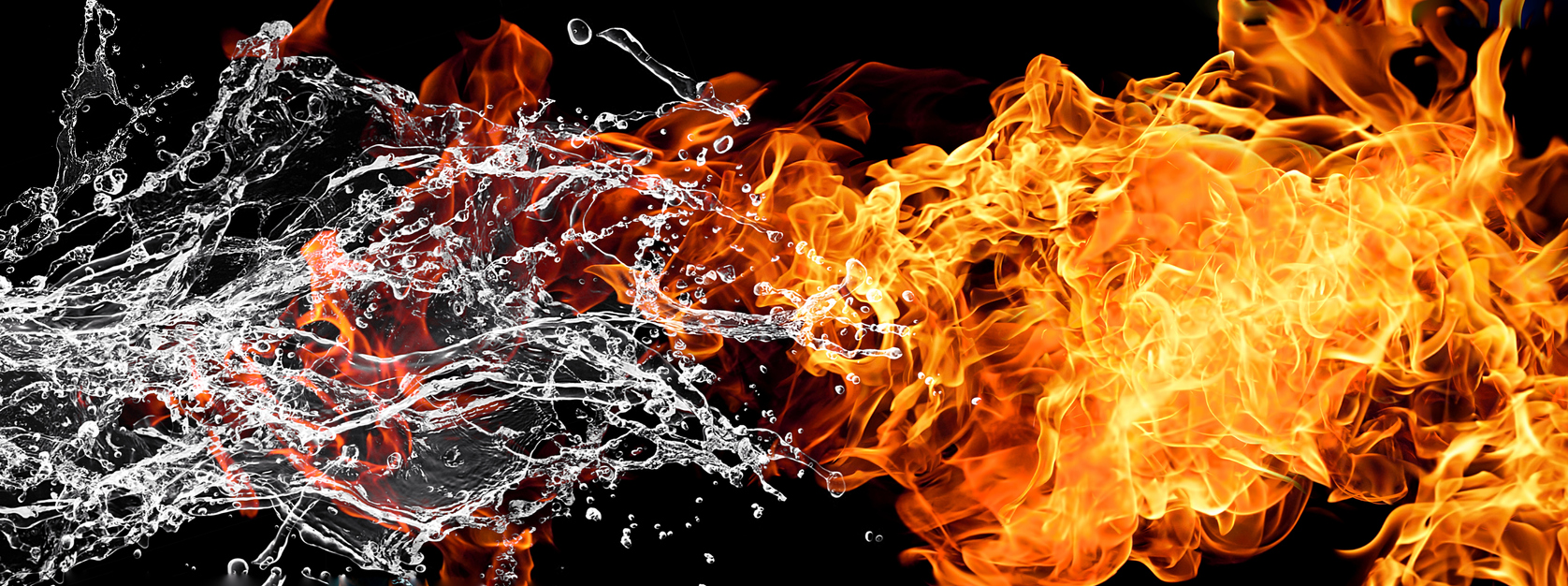Flammable and Combustible Solvents

Flammable and Combustible Solvents
- Most solvents will burn – except those with chlorine in their chemical makeup (like methylene chloride, or perchloroethylene).
- The more volatile a solvent is (turns into vapor), the more flammable it is.
- A solvent with a flashpoint of 100˚ F or less is designated “flammable” and ignites easily.
- If the flashpoint is more than 100˚ F, the solvent is called “combustible” and is more difficult to ignite.
- Acetone will not burn or explode if it is less than 2.5% in the air or more than 12.8% in the air.
Flashpoint is the lowest temperature at which a solvent gives off enough vapor to burn when a flame or spark is present. Other solvents have different LFLs and UFLs. The UFL can be exceeded in closed confined spaces. “LFL” is also called “LEL” – lower explosive limit.
